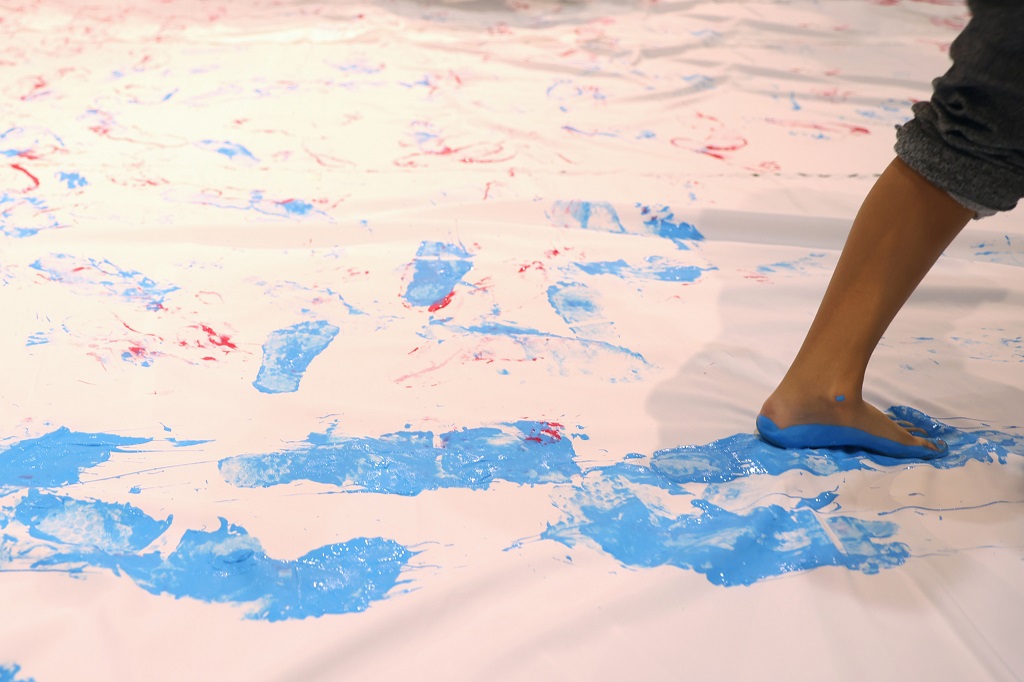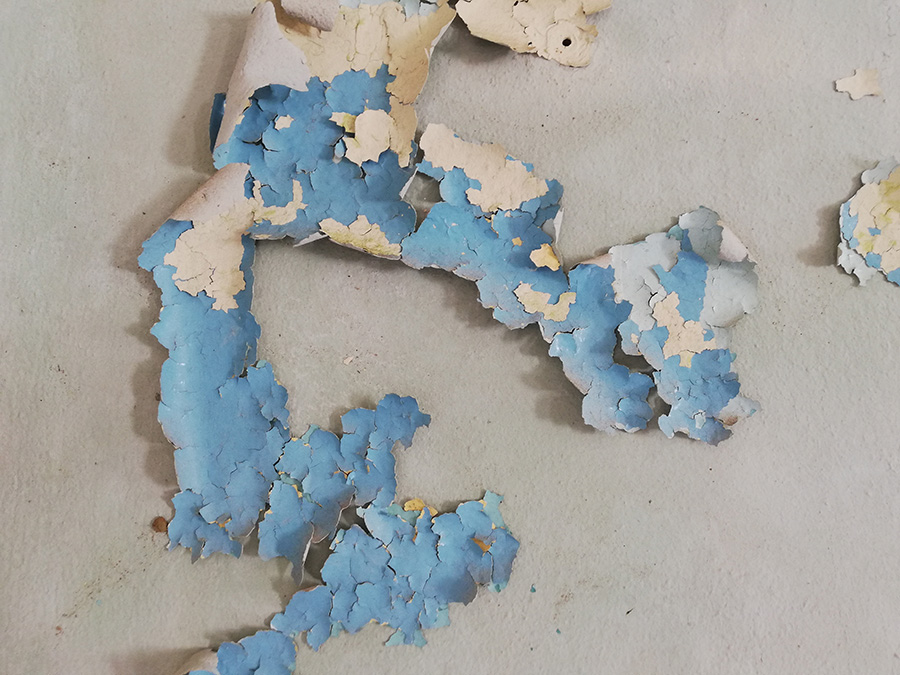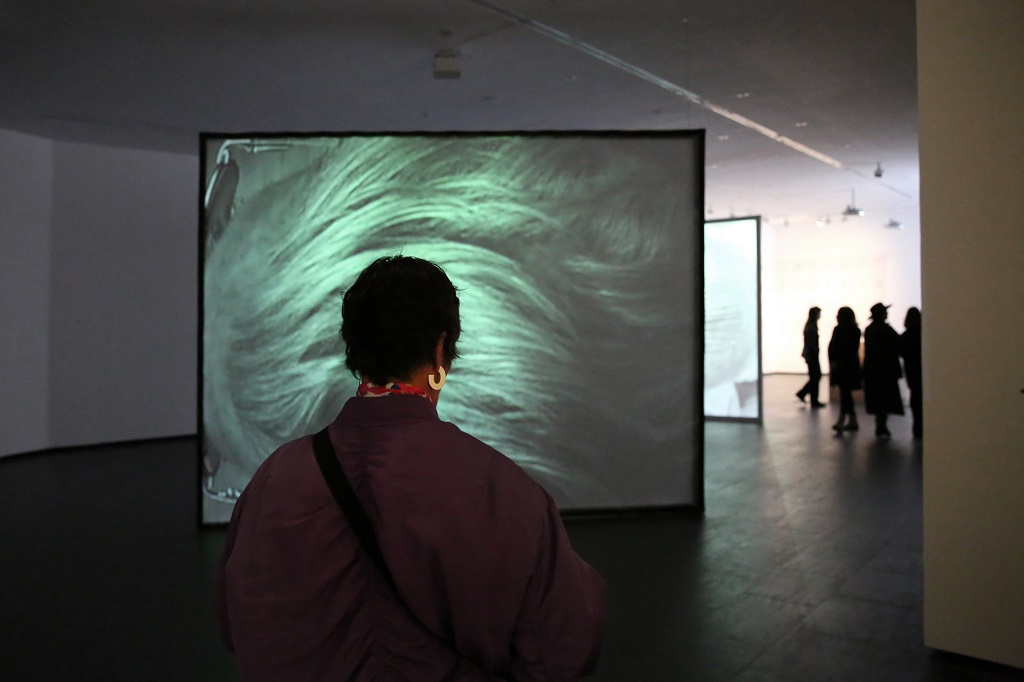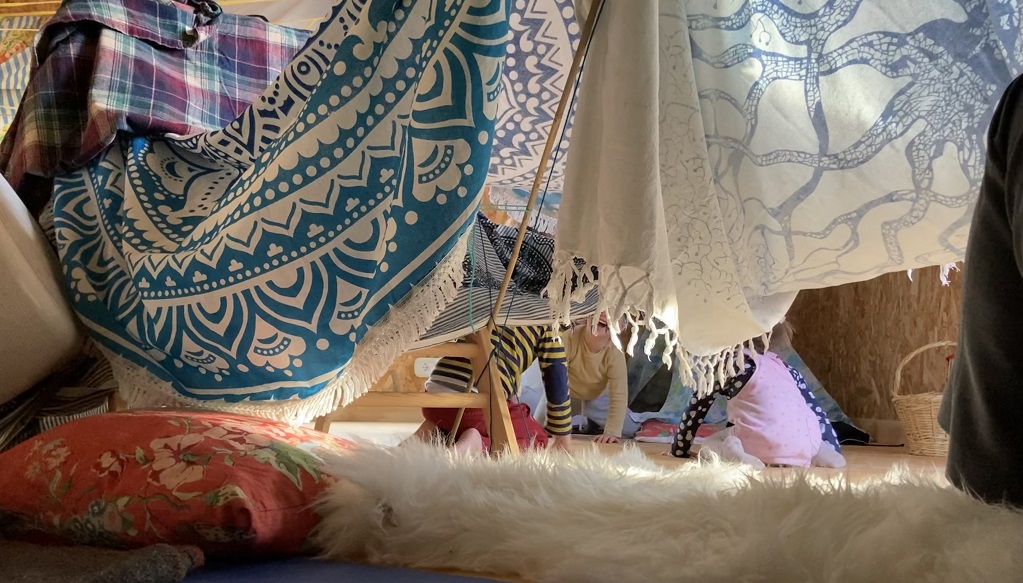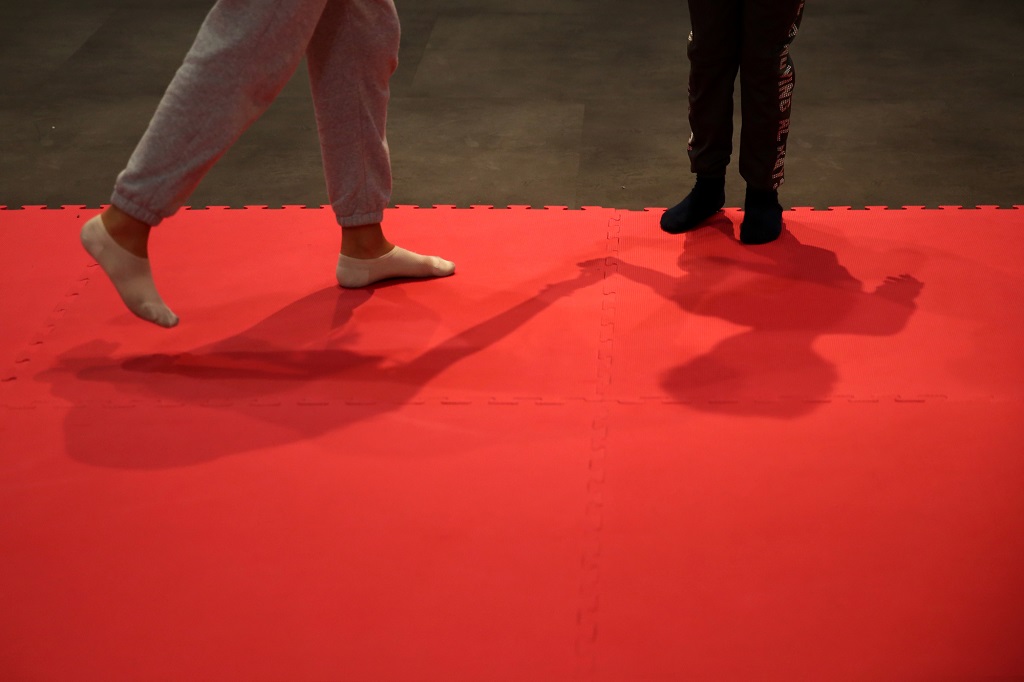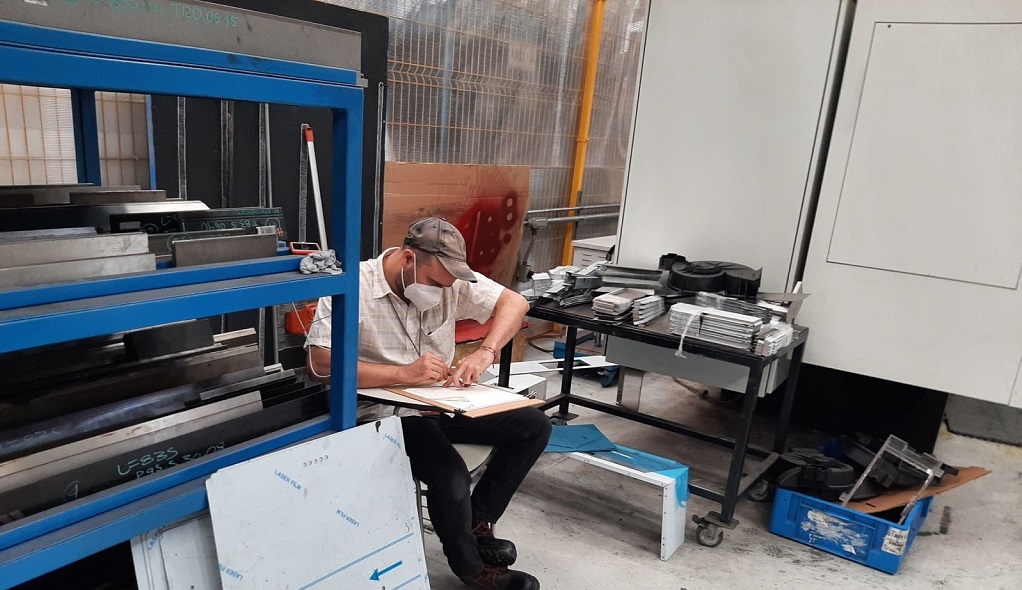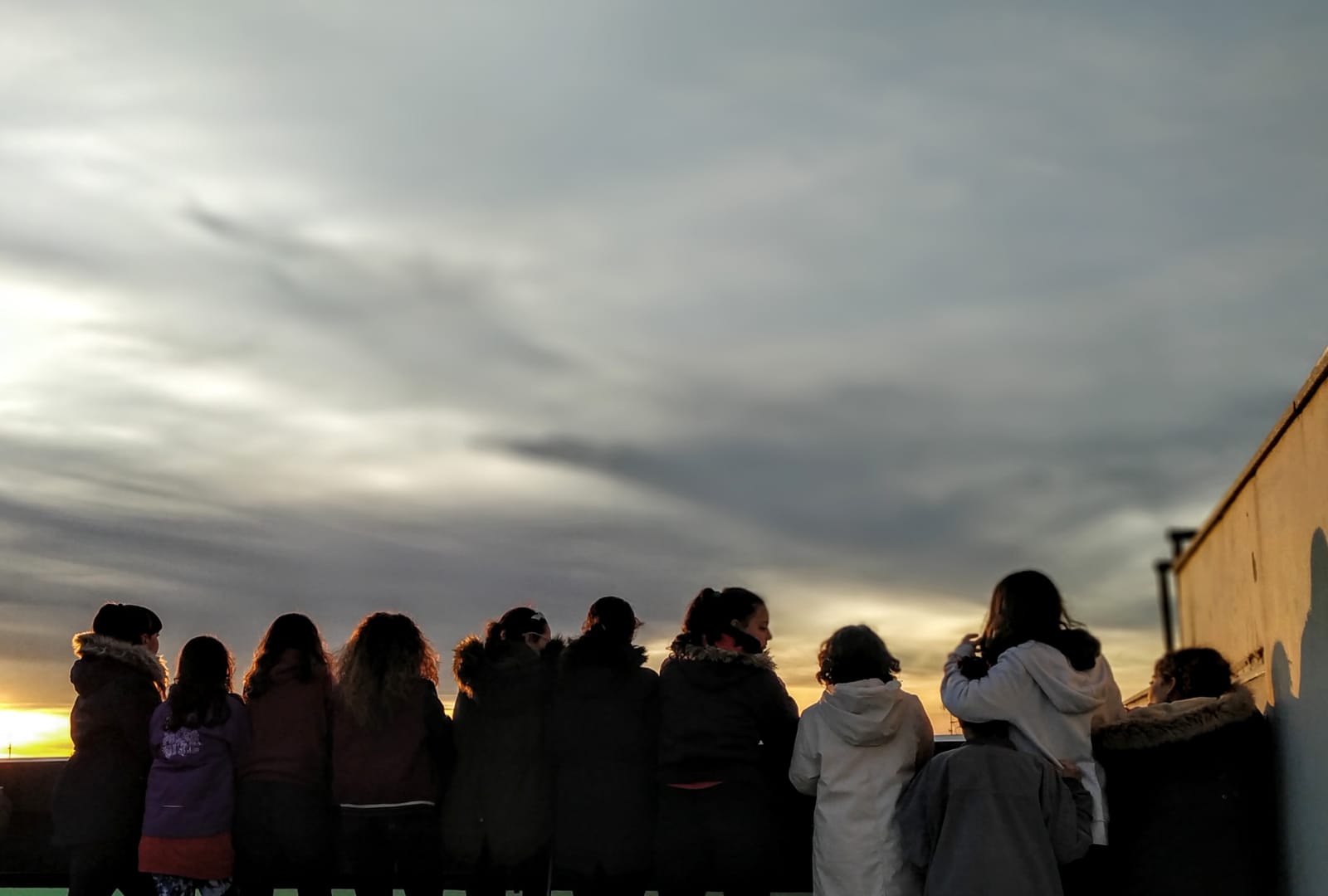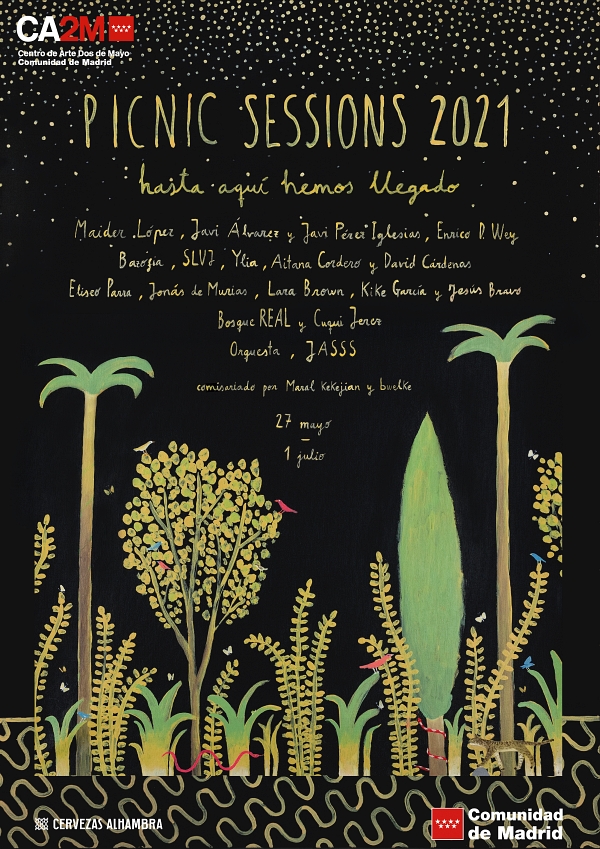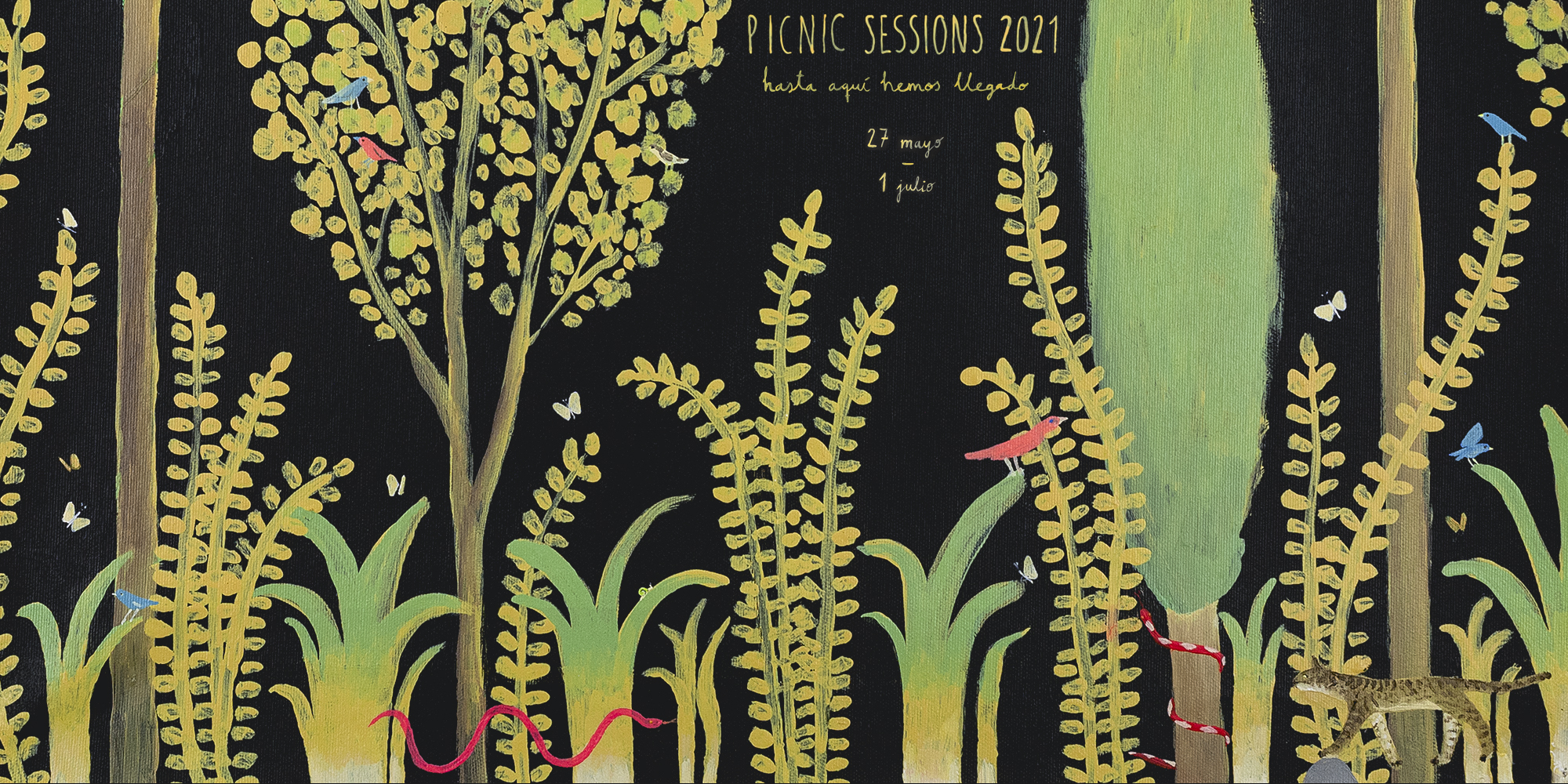In recent years we’ve been delving into the world of dance through Odd Dance, a workshop for all kinds of individuals, with all kinds of experiences on dance floors, at street parties and in ballrooms. Thanks to this initiative, we've learned how to connect with our own and others’ bodies; we've expanded our creativity by moving and trying different types of fun dances. Now the time has come to go one step further, to take a chassé en avant... It’s time to create our own dance company!
We’re convinced that your dances and ways of experiencing them have marvellous potential, which is why we invite you to join the Real Ballet of Museo CA2M, a company that embraces all forms of moving and being, without any physical or technical requirements. This is a “Real” company: with its histories, gestures and rhythms; real people with their desires, uncertainties and unique ways of dancing; real lives that move and intersect, that form a community.
As a company, we want to explore ways of engaging with everything that forms part of the Museo CA2M—exhibitions, activities, people, etc.—using live art and different movement styles and languages. We operate as a stable company that investigates, experiments and shares dance through everyday life, sensibility and collective action. We use live art and the languages of movement to forge bonds, tell stories and protect memories that can't be kept in a display case. We want the museum to be a place where the intangible heritage of dance—its gestures, wisdoms and methods—is protected and passed on to others.
The company is closely linked to the museum’s ecosystem, establishing dialogues with its exhibitions, activities and communities. Through live art and contemporary choreographic languages, different disciplines, contexts and people intersect, expanding the possibilities of what this practice can be.
If you're over 16 years old and want to join a community focused on dance practices and performativity; have an open mind about what dance and dancing can—or can't—be; are keen to experiment with and investigate the richness of movement, whether on the street or on a stage; and aren't afraid to be seen exploring things you haven't mastered yet... The Real Ballet of Museo CA2M is your dance company!
DATES 2026
- 17 and 31 January
- 7 and 21 February
- 14 and 21 March
- 11 and 25 April
- 9 and 23 May
- 13 and 20 June
Important: You don’t need to have previously taken part in Odd Dance to sign up. The group is open to anyone who wants to join it.
Oihana Altube is a dancer and choreographer, who has also trained as a dance movement therapist. She works at the margins of dance and live art. Like all great dance companies, the Real Ballet of Museo CA2M sometimes invites choreographers and artists to work with the members, and this year we’ll be joined by Javier Vaquero. Oihana Altube, dancer and artist, operates at the margins of dance, live art and psycho-physical (therapeutic) practices. Her work addresses dance as a power to transform lives and society. She uses western academic dance, somatic practices, dance movement therapy, expanded choreography and situated art practices as a means of action.
Javier Vaquero is a choreographer, arts administrator and educator who has forged an international career in contemporary dance and cross-disciplinary creation. His work explores the body as a place of knowledge, resonance and storytelling, investigating the relationships between movement, language and identity from a queer and situated perspective.
REGISTRATION FROM 17 NOVEMBER
A company that embraces all forms of movement and being, without physical or technical requirements. A stable group that researches, experiments and shares dance from the everyday, the sensitive and the collective.
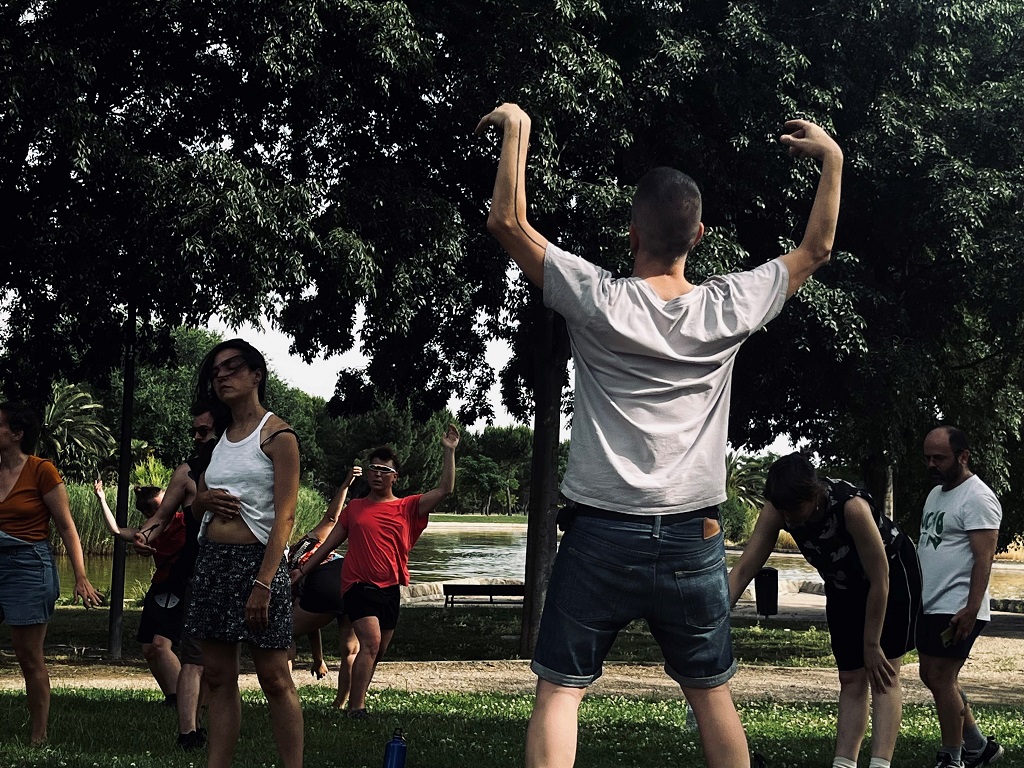
Photo: Miren Muñoz Vitoria, “El permiso” by Rojo Pandereta
